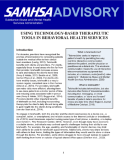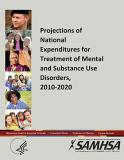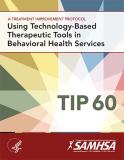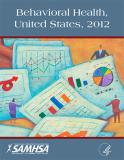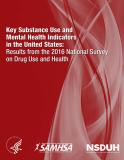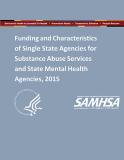
This report highlights the structure, responsibilities, policies, services, and financing of single-state agencies and state mental health agencies. The report includes discussion of efforts to integrate physical and behavioral health and efforts by state agencies to address opioid abuse and misuse.
Units per Product
Download
State Profiles 2015
File Type: PDF
File Size: 11.38 MB



